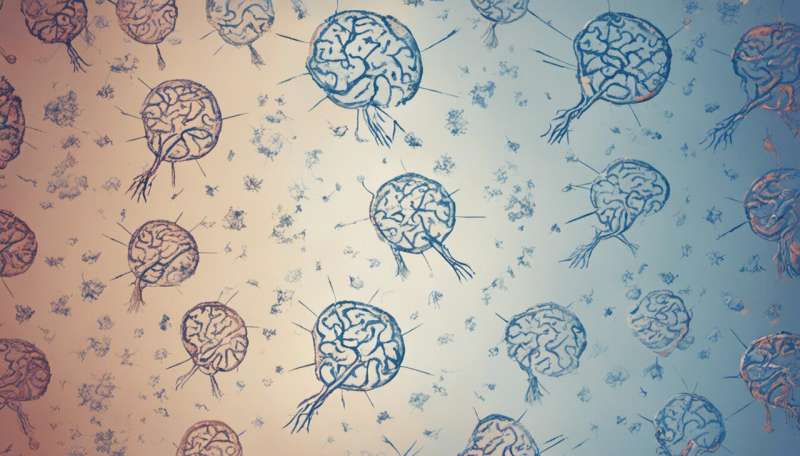Brain training games won't help children do better at school

There has been a big increase recently in the number of computerised "brain training" programs marketed at young children. These programs make impressive claims – that they can help children learn better, that they improve children's focus and memory, and that they can help children succeed in school.
There's no doubt that brain training is big business. But scientific evidence suggests that these claims are premature. These programs can help train children at specific tasks, but there is little evidence that this has an impact on their performance in maths, reading or other every-day activities.
Working memory training
Many of these brain training programmes target improvements in working memory. Working memory is a cognitive skill that allows us to store and mentally manipulate information in our heads. It's crucial for learning, and for all kinds of every day situations. For example, we use working memory to follow conversations, or when remembering what to buy from the supermarket.
Working memory has a limited capacity. This means that there is a limit on how much information we can hold in our minds at any one time. We know that this capacity varies between people. Children in particular have a very small capacity that increases gradually throughout childhood.
The idea behind brain training is similar to the way we strengthen a muscle through exercise: by constantly challenging working memory by playing difficult games, we may be able to increase its capacity. This in turn should lead to improvements in other skills that rely on working memory, such as mathematics, reading, and academic achievement. That's the idea – but does it work?
There has been much scientific interest in whether working memory can be improved through training. A good training study will meet two important criteria. First, it will assess whether training leads to general improvements in working memory – in other words, do children get better on all working memory tasks, or only on the ones they've been trained on?
Second, it's important that the trained children are compared to an active control group. The active control group should complete similar tasks to the training group, except that their tasks shouldn't require any working memory. This allows us to distinguish between improvements that are caused by training, and improvements caused by less interesting factors such as increased motivation, or practice at interacting with a computer.
Studies using these rigorous criteria have shown reliable, short-term improvements in children's working memory following training. These studies have used a variety of different computerised training programmes, and have tested children from five to 18 years of age.
Limited transfer to the classroom
It seems, then, that working memory can be trained. But very few studies have examined whether these training improvements actually extend to improvements in everyday behaviours that rely on working memory. This is a problem, since the usefulness of working memory training programs will depend upon them being able to lead to improvements in real-life behaviour.
There is some limited evidence that working memory training may improve reading ability in seven to nine-year-olds. But a second study in 2013 that analysed performance on a variety of tasks found that there was no benefit of brain training to everyday skills that rely upon working memory.
In this study, Darren Dunning and colleagues at the University of Cambridge gave seven to nine-year-olds up to 25 sessions of either CogMed working memory training or active control tasks. Then they measured whether training improved performance on additional measures of working memory, and broader skills including mathematics, reading, writing and classroom-based skills (such as following instructions). They found improvements on working memory. Crucially, however, these improvements did not extend to improvements on any of the broader skills.
The authors concluded that the benefits of training may be restricted only to tasks that are very similar to the tasks children have been trained on. This may be because training works by helping children to develop strategies (such as using visual imagery, or verbally rehearsing the items that they need to be remember on a task), that are then difficult to apply to common everyday activities.
Pinch of salt
This study sheds important new light on the topic of brain training, since it suggests there are major limitations on the utility of working memory training. Further research is needed examining the effect of training on academic and everyday behavioural and learning measures.
We know that working memory training can improve working memory. Therefore, part of this research should involve determining how training improves working memory in the first place – for example, is it through strategy use, increased capacity, or an increase in the ability to process information quickly? This will allow us to understand definitively whether it is possible to extend these improvements to other skills.
Until we know the answers to these questions, we should take the impressive claims of brain training companies with a pinch of salt.
This story is published courtesy of The Conversation (under Creative Commons-Attribution/No derivatives).
![]()













